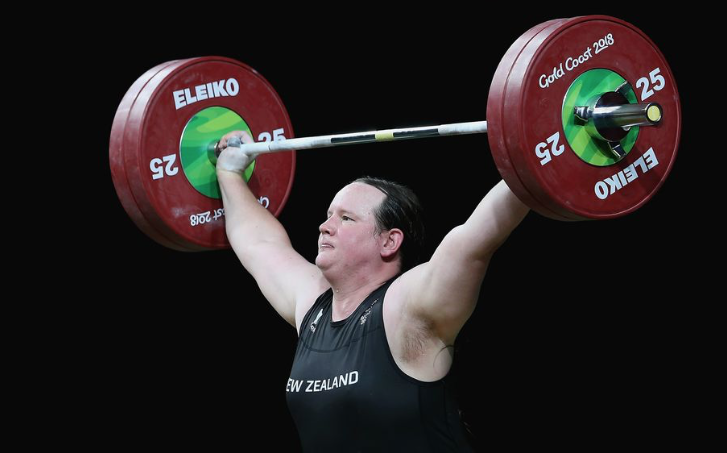Laurel Hubbard is a New Zealand weightlifter who is set to become the first transgender athlete to compete in the Olympic Games in Tokyo after qualifying requirements were recently modified as per BBC.
Hubbard was recently selected for the New Zealand national team officially, which confirmed predictions that she would secure her place in the women’s super heavyweight category.
However, while many are celebrating the inclusivity of the announcement, there are also those who have brought up debates toward transgender athletes as a whole, and others who have even succumbed to hate speech and want for boycotting.
People criticize over age, and going through ‘male puberty’.
Lauren Hubbard- 43-44yo transwomen- weight lifting.
Has such an advantage from male biology- she’s still competitive w 25yo Samoan/ islander girls!— Kevin (@kev_cub27) June 7, 2021
I’m torn with ’The Lauren Hubbard question’ Do I believe that a person who has gone through male puberty should be able to compete against women in weightlifting? If no, then the opportunity to ‘Peak’ the world is lost. If She doesn’t compete tho, women will have a chance to win.
— ???Ann Arbor ??? (@GGreengage) May 11, 2021
Others are stating that she met the requirements and that should be enough.
People will feel emboldened to discuss a lot of aspects about Lauren Hubbard in order to justify the unfairness or the fairness of her inclusion.
The simple fact is that her inclusion in the Olympic squad is in accordance with IOC and New Zealand regulations.#TransIsBeautiful
— Sonya Mathews (@MathewsSonya) June 21, 2021
A symbol for inspiration for other trans people to enjoy sport more freely.
So bear in mind for every Laurel Hubbard, there will be a score of trans people that just want to get on with their lives and maybe play a bit of football or something because they enjoy it, without continuous existential debates happening about them, but usually without them.
— Paddy Duffy (@PaddyDuffy) June 21, 2021
Previous criticism Hubbard has faced.
Criticism is not something new for Hubbard. During the Pacific Games in Samoa, she championed the podium only to trigger outrage from the hosting nation.
In 2018, perhaps her biggest experience of backlash to being a transgender athlete, Australia’s weightlifting federation sought to block her from competing at the Commonwealth Games on the Gold Coast, as CNN recalls. However, this block was rejected by the organizers.
At the time of this post’s writing boycotts are already being called for on social media, despite the fact that Hubbard met all the criteria required.
Boycott #TokyoOlympics #Tokyo2020 #boycottolympics
Lauren Hubbard is just another privileged male cheat in dehumanizing elite agenda of males pretending to be females!
UPHOLD #WomensRights
Trans Id Males are always Males-never use word ‘woman’#WomenWontWheesht #SaveWomensSports pic.twitter.com/IyR9wbe2py— Laura ??️? #WomenWONTWheesht #IstandwithMaya (@lauramarsh70) June 21, 2021
Olympic Committee stands proudly behind her.
The New Zealand Olympic Committee has stood firmly behind its decision to back Hubbard in a powerful statement.
The statement expresses that “Hubbard has been confirmed eligible having met the IWF, IOC and NZOC eligibility criteria, including IWF eligibility criteria for athletes who transition from male to female based on IOC Consensus Statement guidelines.”
NZOC CEO Kereyn Smith proudly reflected on the athlete.
“As well as being among the world’s best for her event, Laurel has met the IWF eligibility criteria including those based on IOC Consensus Statement guidelines for transgender athletes. We acknowledge that gender identity in sport is a highly sensitive and complex issue requiring a balance between human rights and fairness in the field of play.
New Zealand’s message on inclusion.
“As the New Zealand Team, we have a strong culture of manaaki and inclusion and respect for all. We are committed to supporting all eligible New Zealand athletes and ensuring their mental and physical wellbeing, along with their high-performance needs, while preparing for and competing at the Olympic Games are met.”
Hubbard will compete in the women’s 87-kilogram category as per the New Zealand Olympic Committee.
Picture: Twitter

